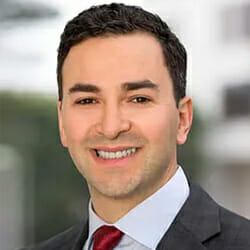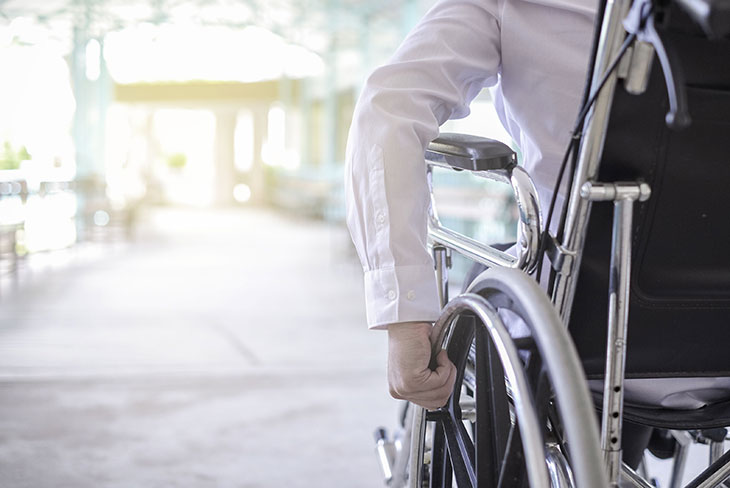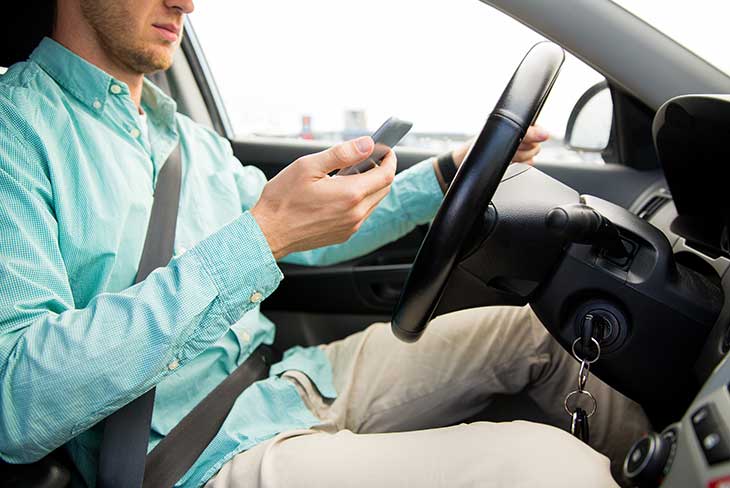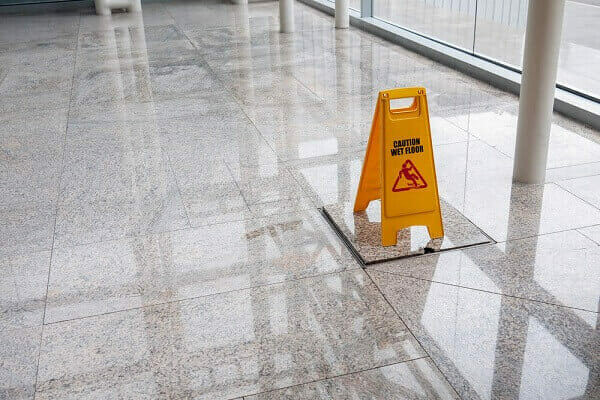New Road Rules in California
 December 30, 2024
December 30, 2024- Categories: Car Accidents

No matter where you drive, you should always keep an eye out for changes in traffic laws. The governing bodies in California are always looking for ways to protect drivers, bicyclists, and pedestrians with new traffic laws. As it turns out, 2024 is a banner year for traffic safety. Many different bills — including those designed to improve visibility at crosswalks, allow speed cameras, and require police officers to state the reason for traffic stops — have either already gone into effect or are slated to do so before the end of the year.
Many traffic laws stay the same from year to year, but some don’t! Always make sure you’re up to date on California’s state traffic laws — and the traffic laws of any state you visit.
A New “Pilot Program” for Speed Safety
Cameras Might Help Reduce Speeding Accident Deaths
Many drivers grumble about speed cameras. However, speeding is a major cause of car accidents, and police officers can’t possibly come close to catching all of the speeding drivers on California roads. That’s why a new law has authorized the placement of a limited number of speed cameras in several major California cities:
- Los Angeles
- Long Beach
- Glendale
- Oakland
- San Francisco
- San Jose.
The new law, called AB-645, isn’t attempting to catch speeders on every single California road. Instead, the cameras it authorizes are focused on school zones and safety corridors. Their implementation is a great reminder to always be mindful of your speed.
Lowriders Are Welcome to Cruise Once More
California has long been known as the birthplace of “lowrider culture,” a movement centering around bright cars with lowered suspensions. However, since the 1980s, the state has banned vehicles modified in such a way that their body stays closer to the road. This is largely because the cars were thought to be associated with gangs and drug culture.
Now, AB-436 has lifted that ban, and lowrider enthusiasts are celebrating the ability to take their cars out on public roads once again.
New Rules for Traffic Stops
Police officers will often conduct “pretext stops,” or stops for minor reasons — like broken taillights — in order to search a vehicle for drugs or otherwise see if the occupants are doing something illegal. But now, with a law called AB-2273, California is trying to eliminate the use of these kinds of stops. Now, instead of asking a driver if they know why they were pulled over, police officers must state why the stop was made before asking any questions.
There is an exception. If a police officer thinks that telling the driver the reason for the stop will put a person or property at immediate risk, they are not required to disclose the reason. For example, suppose that there is a suspected murderer fleeing the scene of a crime in a particular type of vehicle. If an officer stops the car and immediately tells the driver they match the description of a murderer, the driver may flee the scene.
Crosswalks Just Became a Lot Safer
Have you ever attempted to look both ways before going into a crosswalk but found your view was blocked by lines of parked cars? When pedestrians have limited visibility at crosswalks, they’re at a greater risk of being hit by vehicles. Similarly, when cars are parked too close to a sidewalk, oncoming traffic may not be able to see pedestrians until they walk right in front of a vehicle.
Fortunately, a new law called AB-413 aims to protect pedestrians at both crosswalks and intersections. This law prohibits cars from parking, stopping, or standing along the curb within a certain distance from a crosswalk:
- 15 feet of a crosswalk with a curb extension
- 20 feet of any marked or unmarked crosswalk.
This law might seem inconsequential, but it’s a major step in the right direction for the safety of drivers, bicyclists, and pedestrians.
Have you been injured by a vehicle while walking? We may be able to help. Call Neale & Fhima APC at 888-407-2955 for a free consultation.
Reminder: The Legal Limit Is Lower for Rideshare Drivers!
This next law was passed in 2018 and not in 2024. However, because so many people drive for rideshare companies, it’s a law worth mentioning again. In 2018, California lowered the legal blood alcohol concentration (BAC) for drivers for hire (meaning drivers of taxis, limos, rideshares, etc.) to 0.04%. Most people believe that only drivers who have a BAC of .08% or higher are likely to be drunk enough to cause an accident. But this is not the case. Any amount of alcohol in your system can damage your ability to drive. This can easily lead to an accident that can injure or kill the driver or passengers.
Bodies absorb alcohol into the blood quickly, but the alcohol stays in the system for much longer than people realize. Regardless of how much alcohol a person drinks, it affects their vision, coordination, concentration, comprehension, reaction time, and ability to track other cars and read road signs. If you’ve been impacted by a driver under the influence, consulting with a drunk driving accident lawyer can help you navigate the legal avenues available to you.
Many people who drive with any amount of alcohol in their system are dismissive of how it affects them. They might think they can drive with a buzz after they have a cold shower or a cup of strong coffee. But alcohol does not work like that. It takes time for the substance to leave the body. If you insist upon driving after you drink, it is more likely that you will get pulled over for DUI or get in a serious accident.
Because drivers for hire have passengers in their care, it is good that the BAC in this case has been lowered. But drivers for hire in California should not drink at all before transporting passengers, as the risk for an accident is higher.
In an Accident in Southern California? Talk to an Attorney Now
Car accidents can lead to serious injuries and often death. If you or your loved one was hurt in a car accident in Southern California, you may be able to file a personal injury lawsuit for compensation.
Our experienced car accident lawyers at Neale & Fhima can help you obtain compensation from the other driver’s auto insurance policy. Please call us today at 888-407-2955 for a free legal consultation.

 Aaron Fhima is a trial attorney who has secured numerous settlements and verdicts against large corporations and some of the largest auto manufacturers in the world. Representing consumers and injury victims throughout the state of California, Aaron’s practice areas include personal injury, and lemon law litigation. Aaron has a long record of success taking on large defense firms; and he doesn’t hesitate to take cases to trial when necessary to enforce his clients’ rights. [
Aaron Fhima is a trial attorney who has secured numerous settlements and verdicts against large corporations and some of the largest auto manufacturers in the world. Representing consumers and injury victims throughout the state of California, Aaron’s practice areas include personal injury, and lemon law litigation. Aaron has a long record of success taking on large defense firms; and he doesn’t hesitate to take cases to trial when necessary to enforce his clients’ rights. [ 



